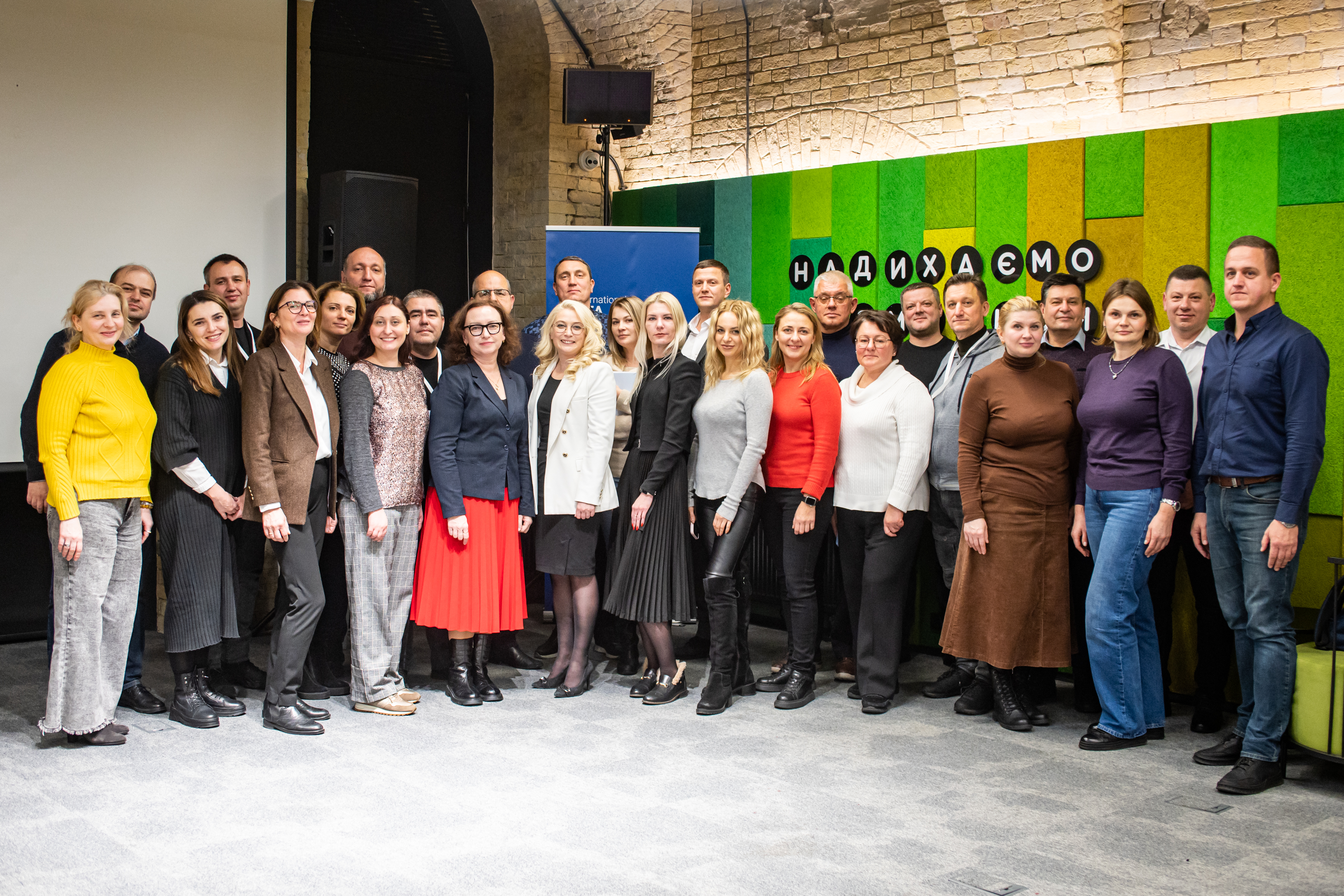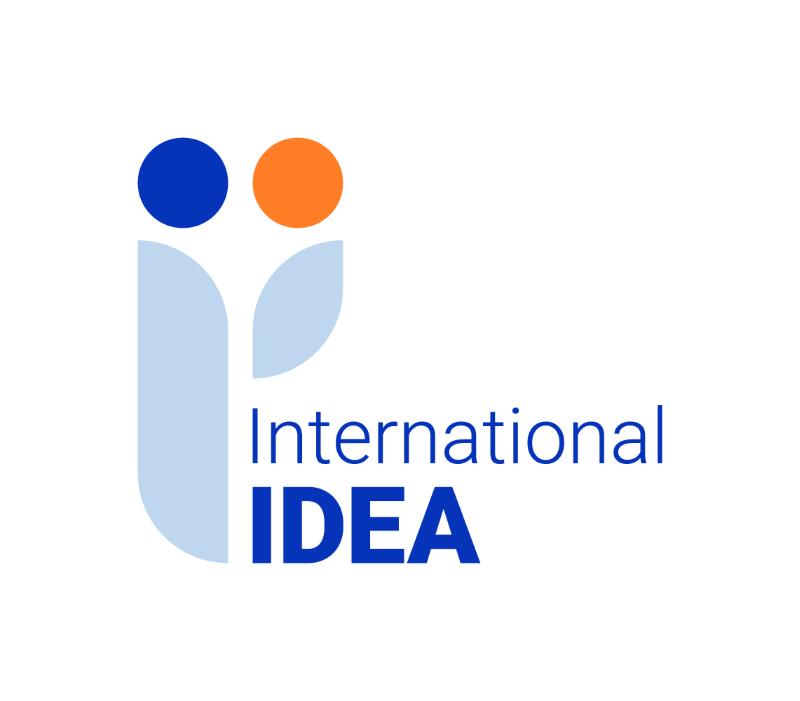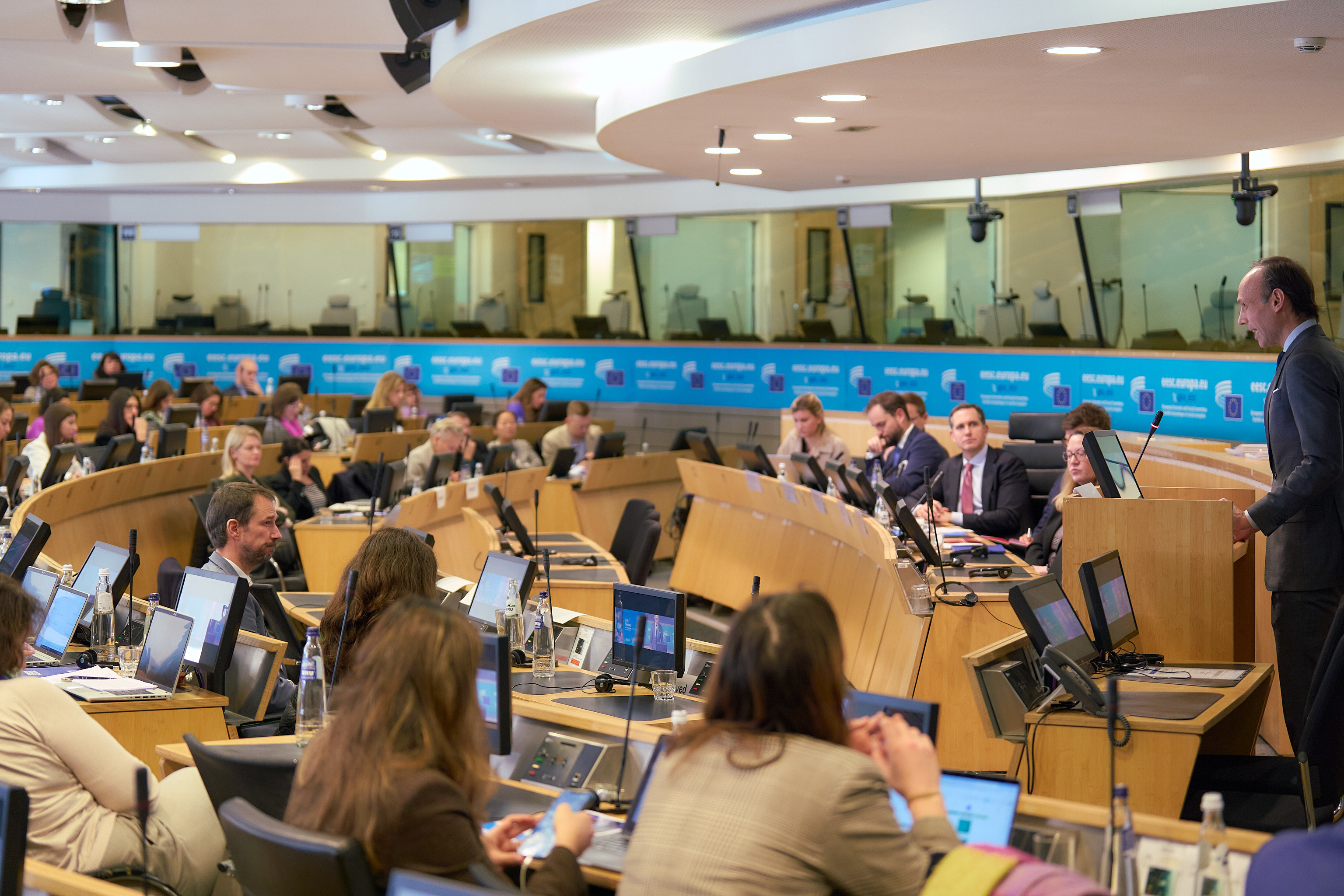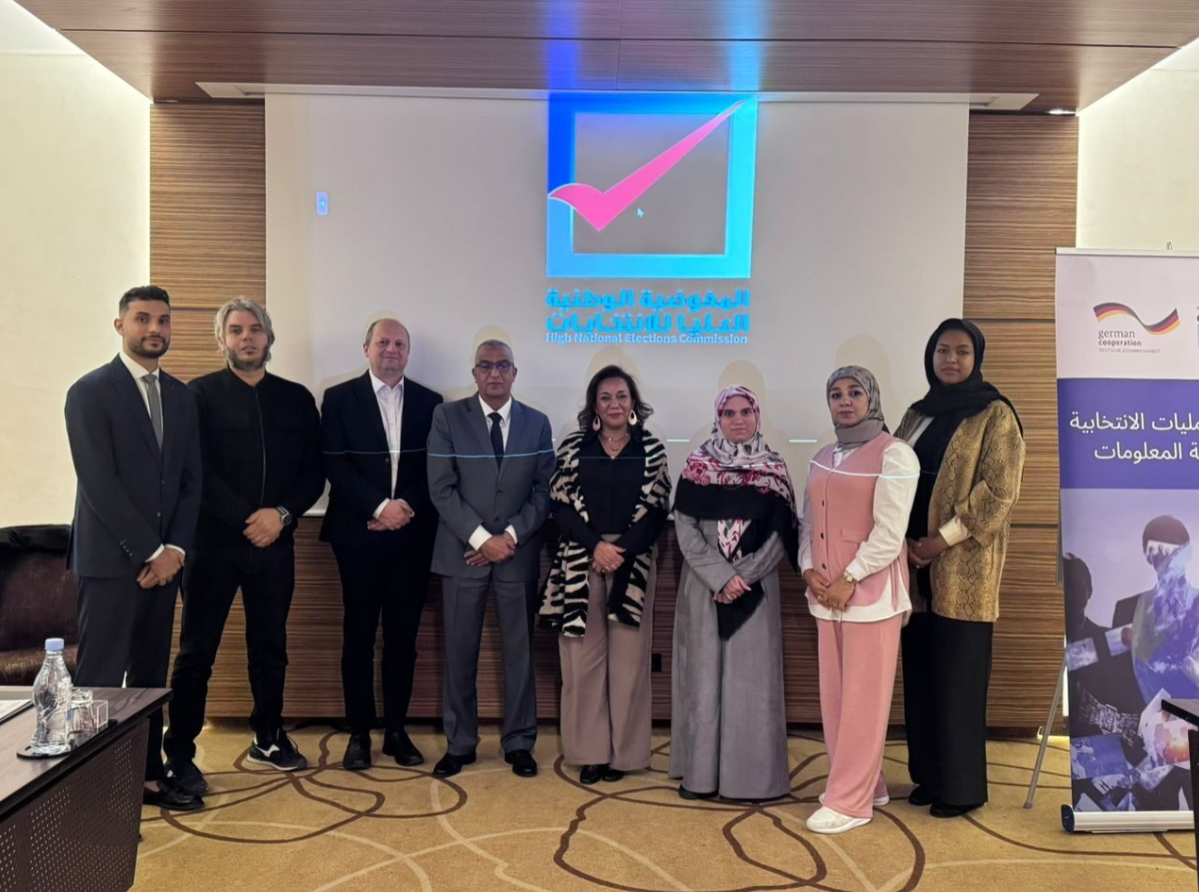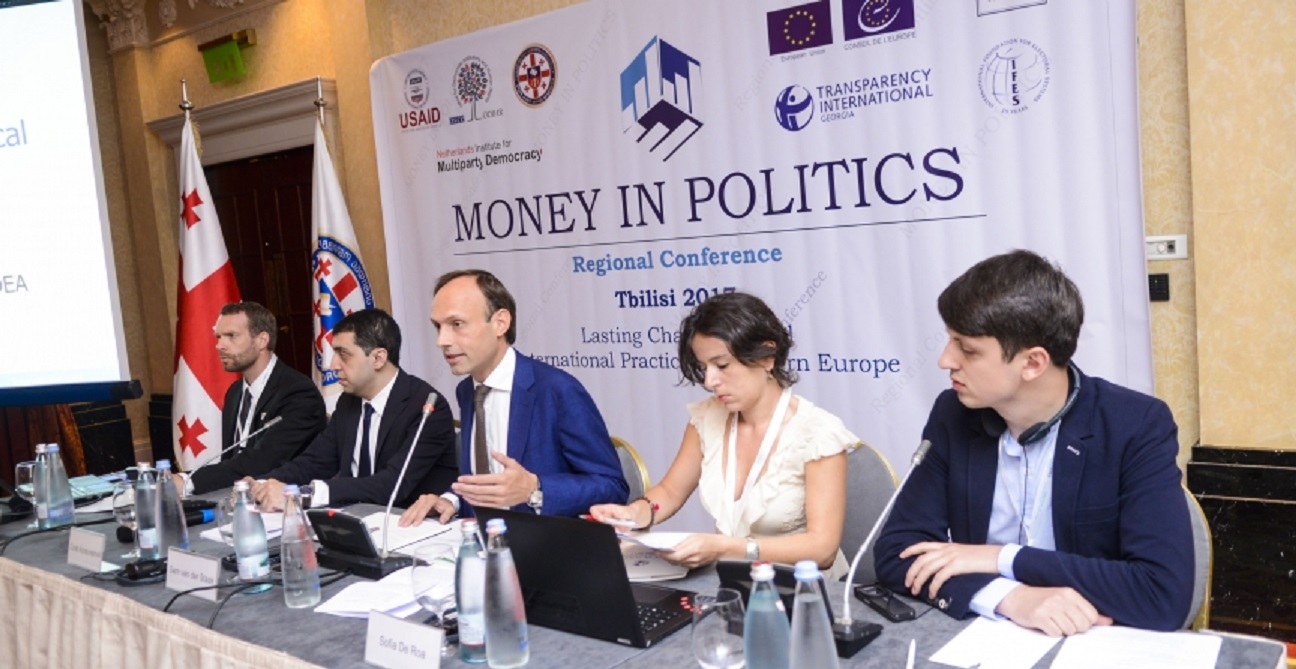
Many Eastern European countries have a bad reputation when it comes to corruption and to political corruption in particular. The widespread public mistrust of political parties and politicians in the region is fuelled by the obscure origins and amounts of money that parties and candidates receive and spend. Although the laws and regulations governing such political finance have been much improved and sharpened in recent years, there are still huge challenges in terms of implementation. In such circumstances, transparency can be an effective tool in pressuring all concerned actors to comply with and enforce the laws more effectively.
Even though detailed reporting requirements for party and campaign finances are widespread across the region, it is not uncommon that reporting forms are submitted incomplete or with inaccurate information. And the contents of these reports is often inaccessible to the public or hard to interpret. So far, so familiar, and rather depressing. The good, news, however, is that some Eastern European countries are leading the way and showing others in the region how technology can be utilised to improve transparency. This note of optimism came through clearly during a regional conference on money in politics held in Tbilisi, Georgia on 19-20 June 2017.
At the end of 2016, Georgia launched (with support from International IDEA) an online reporting and disclosure system for political party donations. This means that instead of having political parties go through the messy and time-consuming process of filling in and submitting their donation reports on paper, they can now log-in to a dedicated and secure website and enter all the required information online. Such a process also has numerous benefits for the authority responsible for receiving the data and making it public. By receiving all data for donations online in a database format, the State Audit Office of Georgia is now better able to scrutinise the accuracy of data and link it to other state databases. It can also feed the data smoothly into a user-friendly public database, which greatly facilitates the job of the media and civil society in bringing to the public’s attention the source of political parties’ funds and holding them to account.
Georgia is not alone in the region in harnessing the power of ICT to improve the transparency of money in politics. Moldova is currently in the process of building its own system, while among the Baltic states both Estonia and Lithuania already have online reporting and disclosure systems in place and Latvia is planning one. And even in countries where the official oversight agency has not joined this fast-growing club, civil society is sometimes stepping in, taking the raw, official data and entering it into its own online disclosure databases, such as in the Ukraine with the Chesno or ‘Gold Parties’ website.
While the challenges related to money in politics in Eastern Europe are many and great, there are accordingly some definite signs of hope. Inspiring ICT tools, such as online reporting and disclosure systems, are helping to drag the murky world of political finance out of the darkness and into the sunlight. International IDEA is proud to provide support to countries who are taking steps in this direction.
